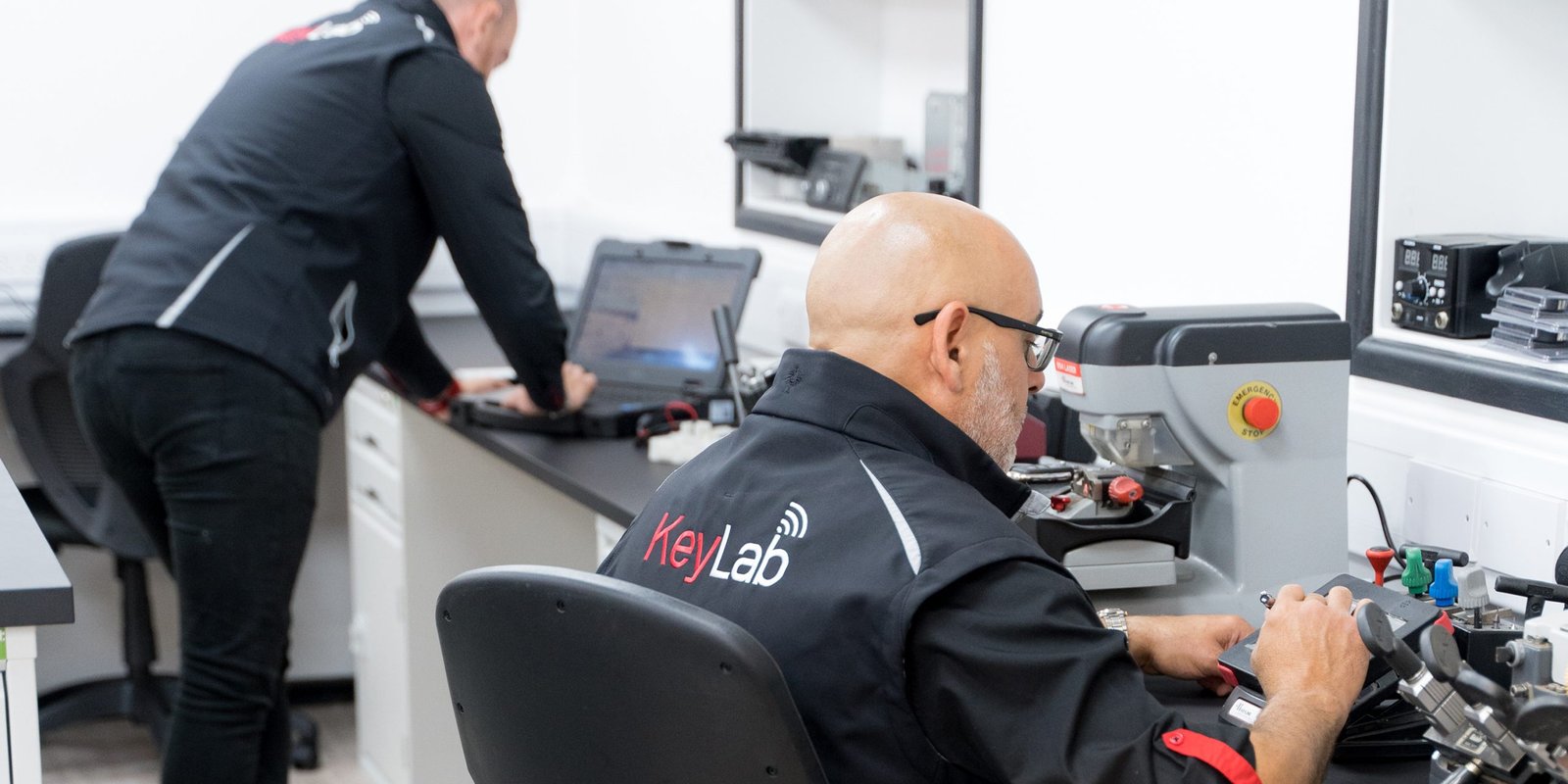Comprehensive Guide to Car Key Replacements: Understanding Your Options
In today's hectic world, losing or harming a car key is an increasingly typical affair. Car key replacements have evolved significantly for many years with advancements in technology, and car owners now have a variety of alternatives to think about. This post will check out the different types of car keys, approaches for replacement, expense ramifications, and other vital considerations for car key replacements.
Kinds Of Car Keys
Comprehending the types of car keys is necessary for understanding the replacement alternatives offered. Below is a summary of the various types:
| Type | Description |
|---|---|
| Standard Key | A non-electronic key that mechanically unlocks and ignition. |
| Transponder Key | A key embedded with a microchip that interacts with the car's ignition system for included security. |
| Key Fob | A push-button control utilized to unlock doors and begin the engine wirelessly. Frequently includes a transponder chip. |
| Smart Key | Enables keyless entry and ignition, utilizing proximity sensors and advanced innovation. |
| Valet Key | A limited key that limits access to particular features of the vehicle, typically utilized by parking attendants. |
Comprehending the Replacement Process
When it concerns car key replacements, it is vital for car owners to be knowledgeable about the choices offered. The following techniques illustrate how car keys can be replaced:
1. Dealership Replacement
- Process: The vehicle owner goes to the dealer and supplies evidence of ownership. The car dealership might require the Vehicle Identification Number (VIN) and additional recognition.
- Pros: Trusted source, ensured compatibility, typically consists of shows.
- Cons: Typically the most expensive choice.
2. Expert Locksmith
- Process: A licensed locksmith checks out the car location or operates from their shop. They cut and program the replacement key.
- Pros: Generally more affordable than dealers and can supply a variety of key alternatives.
- Cons: Limited ability for some advanced keys and fobs, may not have OEM (Original Equipment Manufacturer) parts.
3. Do-It-Yourself (DIY)
- Process: Car owners can acquire key blanks and programs packages online or from hardware shops. Follow particular guides for programming.
- Pros: Cost-effective and convenient.
- Cons: Risk of errors, absence of expert quality, and potential security issues.
4. Mobile Key Cutting Services
- Process: Mobile services concern your place to cut and program keys.
- Pros: Convenient and frequently more economical.
- Cons: May require a waiting period, and rates vary based on distance and service quality.
5. Insurance Coverage
- Process: Some vehicle insurance coverage cover losses due to stolen or lost keys.
- Pros: Potentially significant cost savings.
- Cons: Coverage limitations and prospective deductibles might use.
Elements Influencing Replacement Costs
The cost of changing a car key can differ widely depending on a number of factors, such as:
- Type of Key: Traditional keys are generally less costly to replace than transponder keys or clever keys.
- Design and Make of Vehicle: Luxury and more recent designs might have higher replacement expenses due to sophisticated innovation.
- Location: The typical market rates for locksmith professional services or dealers can affect prices.
- Key Programming: Programming expenses might be separate from key cutting expenditures.
Here's a basic breakdown of replacement expenses:
Estimated Costs of Car Key Replacement
| Key Type | Approximated Cost Range |
|---|---|
| Conventional Key | ₤ 5 - ₤ 25 |
| Transponder Key | ₤ 50 - ₤ 300 |
| Key Fob | ₤ 50 - ₤ 600 |
| Smart Key | ₤ 200 - ₤ 600 |
| Valet Key | ₤ 10 - ₤ 30 |
Essential Considerations
While exploring car key replacements, it's crucial to take note of the following:
- Proof of Ownership: Always have documentation that shows ownership when looking for a replacement.
- Security Concerns: Keep in mind that lost keys position security risks; if there's an issue, consider rekeying locks.
- Service warranty and Insurance: Check if your car is under service warranty and if it covers key replacements.
- Future Security: Consider upgrading to more safe options like wise keys if your vehicle supports it.
FAQs About Car Key Replacements
Q1: Can I replace my car key myself?A1: Yes, it is possible to replace your car key yourself, especially if you purchase key blanks and have shows tools. However, guarantee you follow directions properly to prevent problems.
Q2: How long does it require to replace a car key?A2: Replacement time depends on the technique utilized. Dealerships might take longer due to programs, while mobile locksmiths can often do it on-site within minutes.
Q3: What should I do if I lost my car key?A3: If you lose your car key, evaluate your requirements and choose on a replacement technique. Think about calling The KeyLab or your vehicle's dealer for next steps.
Q4: Are replicate keys considered replacements?A4: No, duplicates are copies of existing keys, while replacements are brand-new keys made when the initial is lost, broken, or not operating.
Q5: Will my car's alarm system be affected if I replace the key?A5: It depends on the key type. Usually, a correctly programmed replacement will not impact the alarm system. Nevertheless, some keys might require to be synced or set to the alarm.
Car key replacements are more uncomplicated than they have ever been, yet understanding the numerous options and their ramifications can save time and cash. By familiarizing oneself with the kinds of keys, the replacement procedure, and possible costs, car owners can navigate this challenge with higher ease. Whether deciding for a dealership, locksmith, or a DIY technique, staying notified guarantees smarter choices for protecting automobile access.

